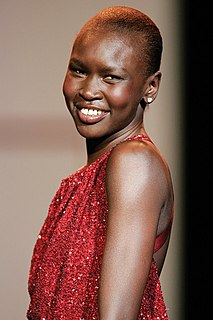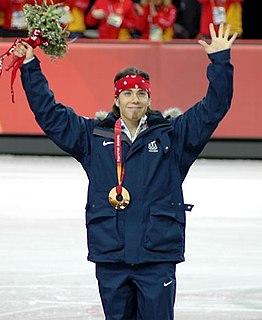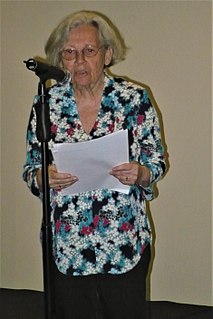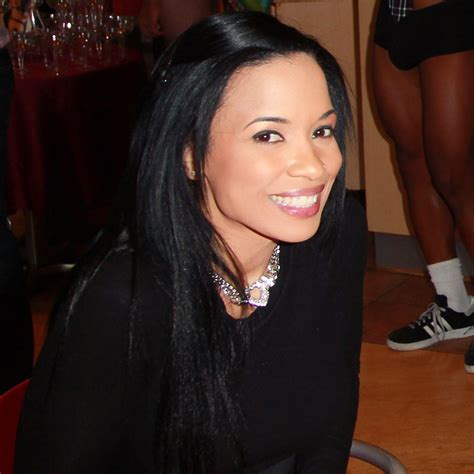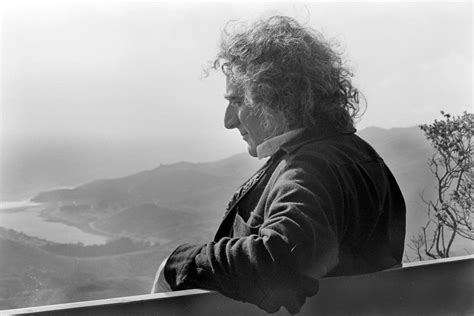A Quote by John Ralston Saul
All the lessons of psychiatry, psychology, social work, indeed culture, have taught us over the last hundred years that it is the acceptance of differences, not the search for similarities which enables people to relate to each other in their personal or family lives.
Related Quotes
I love to work out and really enjoy the outdoors. I like to immerse myself with sport-related activities and spending quality time with people. I find people to be very inspiring, and I get a lot of motivation from listening and interacting with them, sharing stories and similarities - and differences - in our lives, and learning from each other.
There is behavioral ecology, which looks closely at the difference different ecologies make to behavior and other features of animals and humans. There's evolutionary individual psychology, there's evolutionary social psychology. In Darwin's terms, evolution couldn't exist without variation, and variation is important in behavioral genetics. And so on, and so on. There are so many instances in which evolution actually sharpens the precision, I think, with which one can find out the importance of differences. We're interested in differences as well as commonalities.
People need to learn how to respond to each other's hatreds with love - which is what Jesus taught us, which is what Buddha came here to teach us, which is what Muhammad taught us, which is what all of the great spiritual masters who have ever walked among us who live at those highest energies taught us - responding to force with more force will just create more problems.
My people never dreamed of a world like this. Of having so much without backbreaking, debilitating work. And yet for all the physical improvements, people are still people. They’re killing each other to get more to prove a point only the killer understands. Still brutalizing and torturing each other over things that in another hundred years won’t even matter.
Everyone wants to be happy; happiness is a right. And while on a secondary level differences exist of nationality, faith, family background, social status and so on, more important is that on a human level we are the same. None of us wants to face problems, and yet we create them by stressing our differences. If we see each other just as fellow human beings, there'll be no basis for fighting or conflict between us.
To the American people of 1789, their nation promised a new way of life: each individual a free man; each having the right to seek his own happiness; a republican form of government in which the people would be sovereign; and no arbitrary power over people's lives. Less than two hundred years later, almost every aspect of the dream has been lost.



